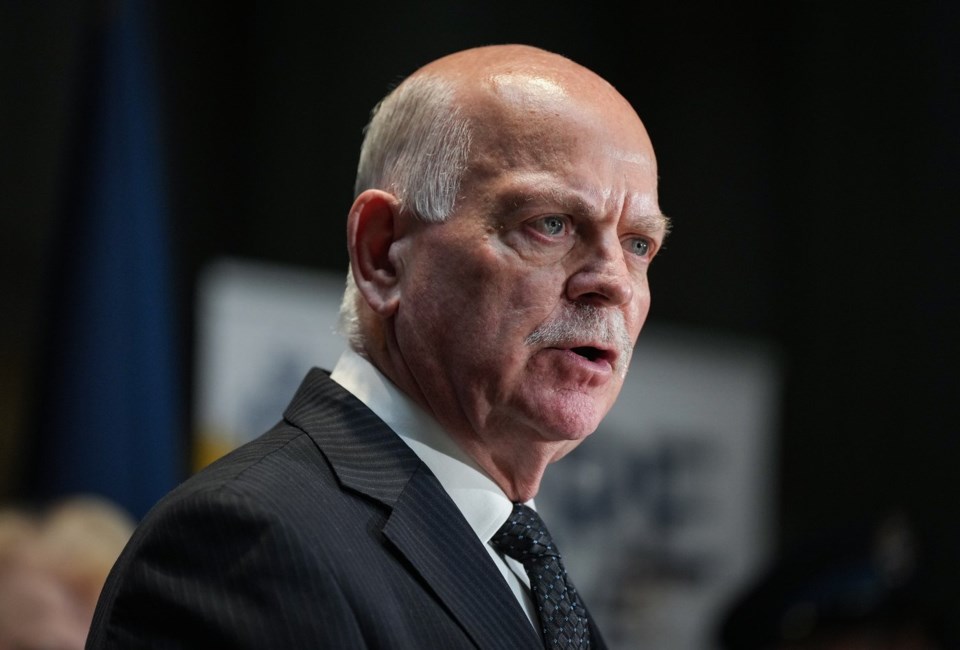VICTORIA — The British Columbia government has repealed a law it passed last year to restrict drug use in some public areas because successful court challenges prevented it from being brought into force.
Garry Begg, B.C.'s solicitor general and public safety minister, says in a statement the government has revoked the Restricting Public Consumption of Illegal Substances Act, that was passed in November 2023.
Nothing consequential will change on the ground after the federal government approved the B.C. government's request in May to exempt public spaces from the province's decriminalization pilot project, meaning police now have the authority to seize illegal drugs possessed in public, even without the provincial law.
The law was tabled in the B.C. legislature to tighten rules around the use of illicit drugs in public places after widespread criticism from municipal leaders and citizens who said the drug consumption in community parks and other areas faced fewer restrictions than cigarette smoking.
But the Harm Reduction Nurses Association and other substance-use reform advocates launched a court challenge of the B.C. law and won, saying restricting drug use in public spaces would result in more drug users dying alone.
B.C.'s Court of Appeal upheld a three-month temporary injunction in March put in place by a lower court that stopped the law that was intended to restrict public drug use in certain areas.
But with the federal changes, police now have the discretion to consider taking action, warning the individual or referring the person, with consent, to services.
Possession of substances under 2.5 grams for personal use by adults, in private residences, addiction health facilities, places where people are lawfully sheltering and overdose prevention and drug-check sites remain decriminalized.
"These changes to the decriminalization pilot restrict the use of drugs in all of the places that had been intended to be covered by the act," says Begg in a statement.
"Our government remains determined to turn the tide on the toxic-drug crisis and we are starting to see signs of progress. If people encounter drug use in inappropriate places, police are available to enforce the rules and help to connect individuals to support services."
The BC Coroners Service released figures earlier this month that said 1,925 people had died of overdoses in the first 10 months of this year, which was down about nine per cent from the same period last year.
This report by The Canadian Press was first published Dec. 19, 2024.
Dirk Meissner, The Canadian Press



